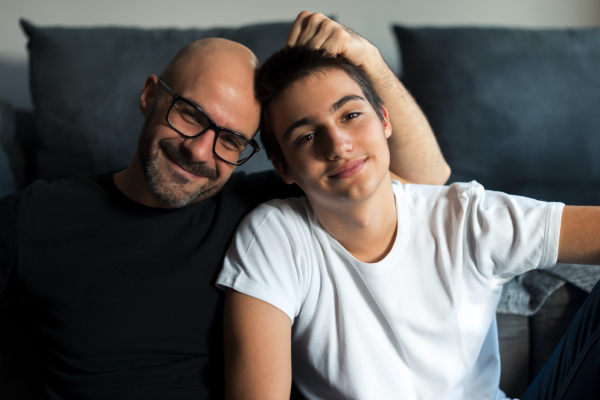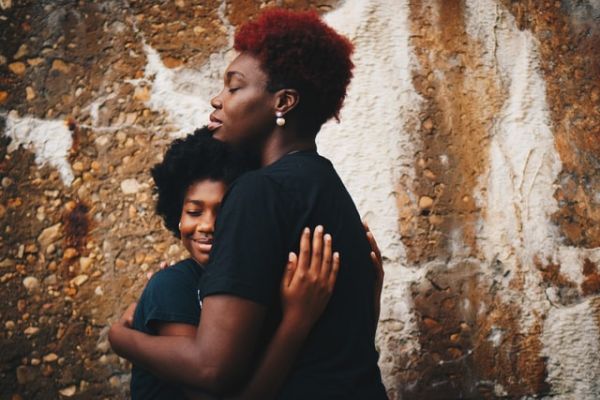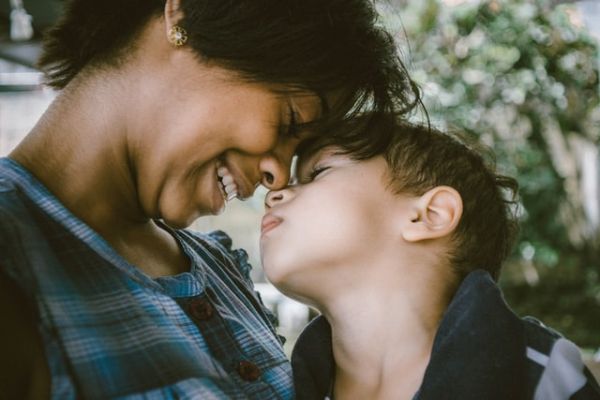How can I help my child with anger and aggression?
Anger is a normal and useful emotion. It can even be helpful - letting us know that something is wrong or not okay.
For children, it becomes a problem when it feels overwhelming or unmanageable and begins to affect their relationships. It’s not easy for you as a parent either - it often has a huge knock-on effect on family life.
Here we have some strategies and information to help guide you through it.
Start by spotting the signs of anger
Remember: if your child can't tell you in words, they will often use their behaviour to let you know how they’re feeling.
You might find that they are:
Outwardly aggressive towards other people by shouting or hitting
Inwardly aggressive by hurting themselves or being very self-critical
Passive aggressive by withdrawing, ignoring people, being sarcastic or sulking
Feeling things in their body like a racing heart, feeling hot or tensing their muscles
Seeming tense, unable to relax or easily irritated
Finding it difficult to concentrate
Why do children get angry?
There are lots of reasons why your child may seem more angry, including:
Seeing other family members arguing or being angry with each other
Friendship problems
Struggling with schoolwork
Feeling very stressed or fearful about something
Hormone changes during puberty
At first, the reason may not be obvious. If that's the case, help them work out what might be causing their anger.
Team up to tackle anger together
With younger children, this can be fun and creative. Give their anger a name and try drawing it – for example, anger could be a volcano that eventually explodes.
Don’t forget that how you respond to anger influences how your child responds to anger - separating it in this way may make it easier to move on.
Help your child spot the signs
Spotting a few of the physical signs of anger and talking about them together can help your child to rise above it too. Get them to say when they notice that:
Their heart beats faster
Their muscles tense
They clench their teeth
They make a fist
Their stomach churns
Introduce some coping strategies
Work together to try to find out what triggers the anger and stay prepared with a few coping techniques.
You could encourage your child to:
Count to 10
Walk away from the situation
Breathe slowly and deeply
Clench and unclench their fists to ease tension
Talk to a trusted person
Go to a private place to calm down
Exercise to let off steam
Stay positive
Praise their efforts and your own efforts, no matter how small. Seen them do some deep breathing when they started to boil up? Give them a high five. Walked away from a tense situation? Let them know you are proud.
Positive encouragement like this will build your child’s confidence in their ability to manage their anger - and help them feel that you're both learning together.
Know when to seek help
Don’t forget that professionals are available if things are getting too much. If you're feeling concerned that your child's anger could be a danger (to them or people around them), talk to a GP, health visitor or the school nurse.
Read up on other emotions
You might want to consider that an angry child might not be a very happy child.
Underneath all the pent-up anger, they may be feeling fear, stress, sadness, hurt or worry – or be struggling to cope with a difficult experience that they’re unable to talk about.
Read our guides on low mood, depression and anxiety for more tips on identifying and coping with these emotions.










